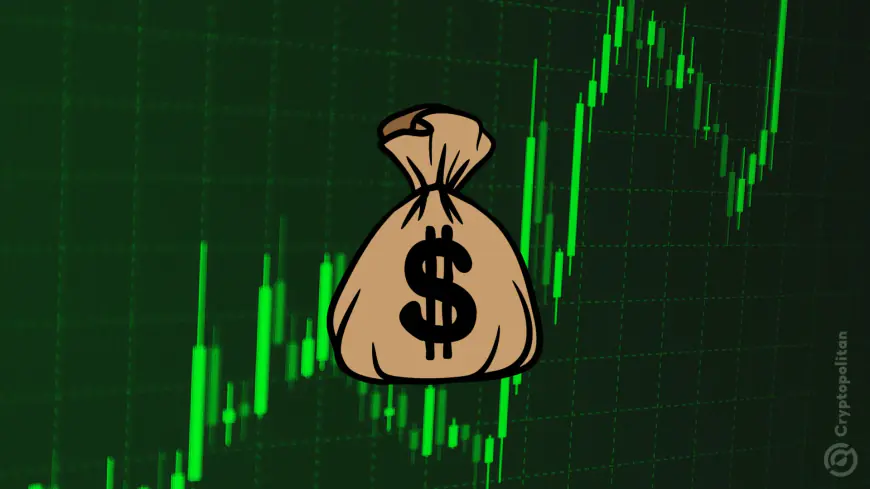U.S. election tensions push stock investors toward volatility trades
With the U.S. presidential election nearing, stock market volatility is heating up. Investors aren’t just sitting and waiting for the results. They’re actively betting on market swings using complex derivatives trades. The idea is to profit off the market’s uncertainty regardless of whether Trump or Harris wins. The options market is already pricing in a […]

With the U.S. presidential election nearing, stock market volatility is heating up. Investors aren’t just sitting and waiting for the results. They’re actively betting on market swings using complex derivatives trades.
The idea is to profit off the market’s uncertainty regardless of whether Trump or Harris wins. The options market is already pricing in a 2.8% swing in the S&P 500 the day after the election, according to UBS.
That’s higher than it was a month ago, and experts believe it’s just going to keep rising. “People are paying attention to these levels,” said UBS’s Maxwell Grinacoff.
He believes that these predictions could be too low, with market swings possibly getting even bigger as we approach November 5th.
U.S. investors want to hedge risks
The 2020 election was wild for the markets. The S&P 500 jumped 2% the day after the election, and similar movements followed the 2016 election.
All eyes have been on the Federal Reserve in recent months, especially after it cut interest rates by 50 basis points last month.
Analysts believe that the election will dominate market movements, especially with the race being so close. Stuart Kaiser of Citigroup described the situation as a toss-up.
“Most clients see this race as 50-50, and they’re finding it tough to trade directionally,” he said. “That’s why many are opting for volatility trades.”
Some are also turning to the VIX, the so-called “fear gauge” of the market. The VIX measures market volatility expectations, and recently, demand for VIX call options has surged.
This strategy pays out if the index rises, making it a favorite for investors expecting chaos after the election.
This is a risky game though. While volatility tends to spike before elections, it usually drops back to normal levels afterward.
Even though there’s concern that the results could be contested, traders aren’t expecting the kind of long-term chaos that would keep volatility high for weeks on end.
Meanwhile, Chinese markets have seen renewed interest. The CSI 300 blue-chip index surged 8.5%, its best day in 16 years.
The U.S. Treasury yield is also something to watch. Right now, the benchmark 10-year yield is hovering around 3.79%.
Some investors are keeping an eye on this as they prepare for the possibility of an economic slowdown after a change at the Oval.
What's Your Reaction?









































































































